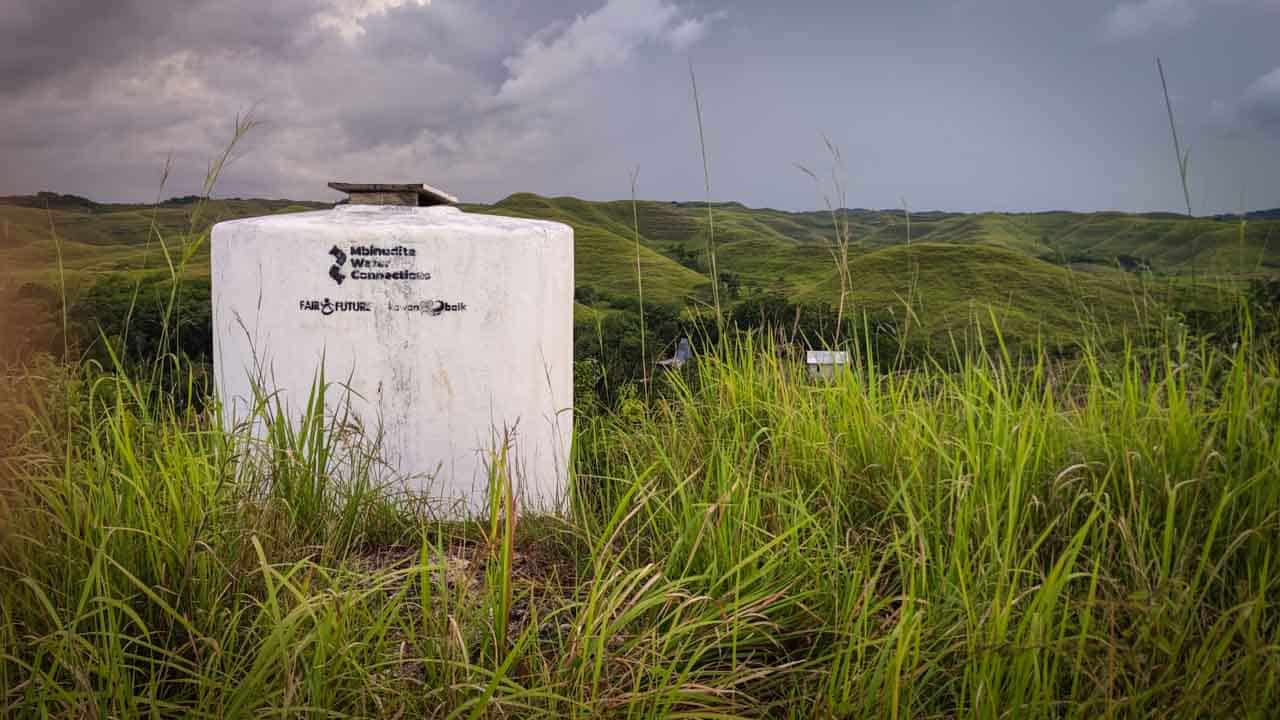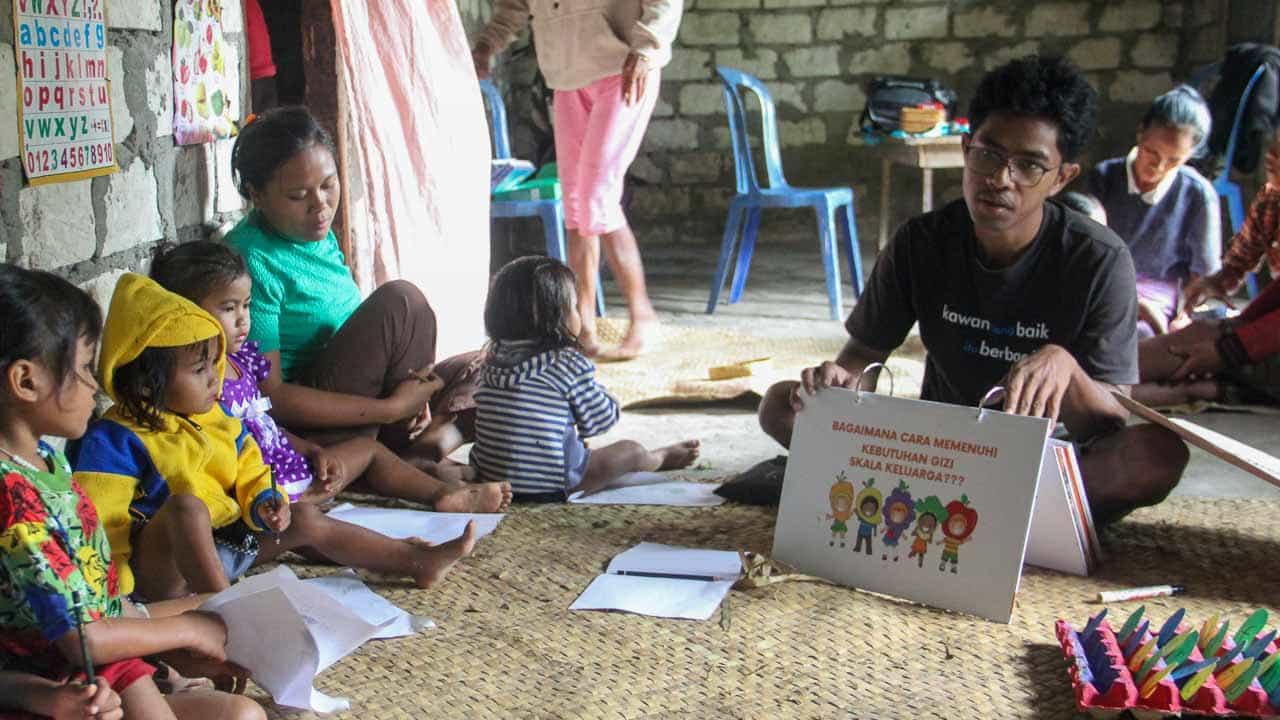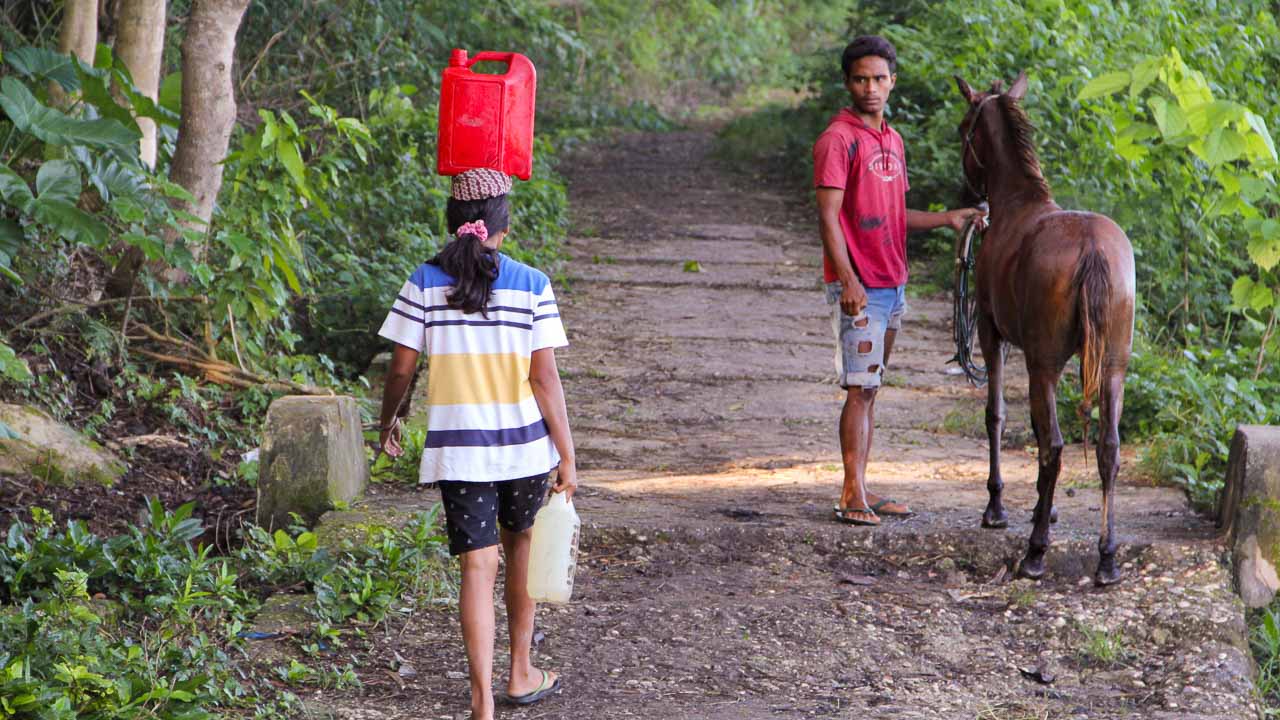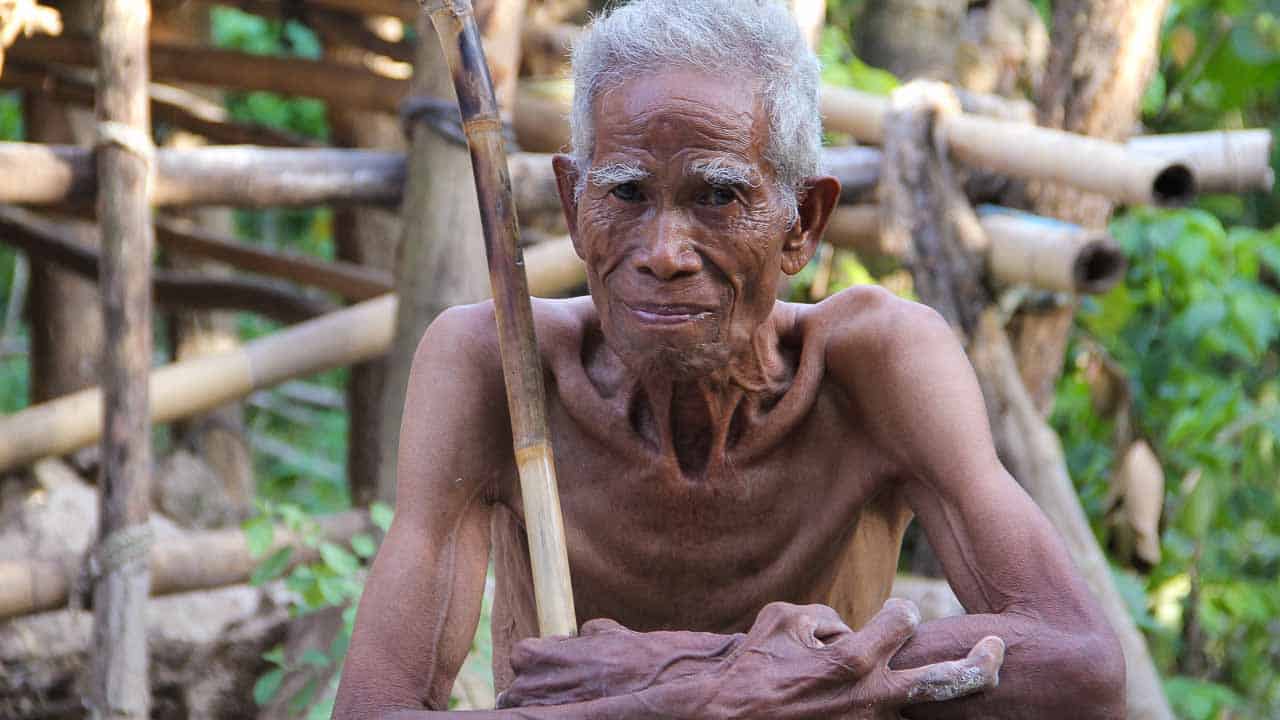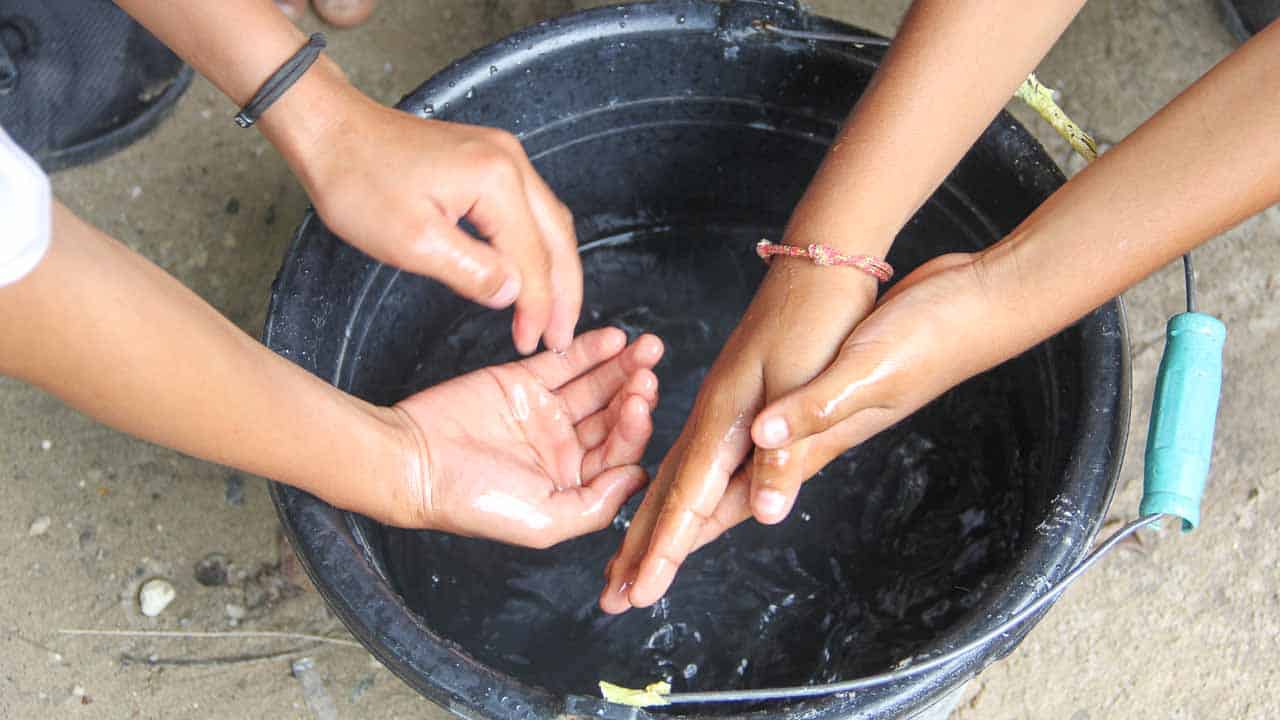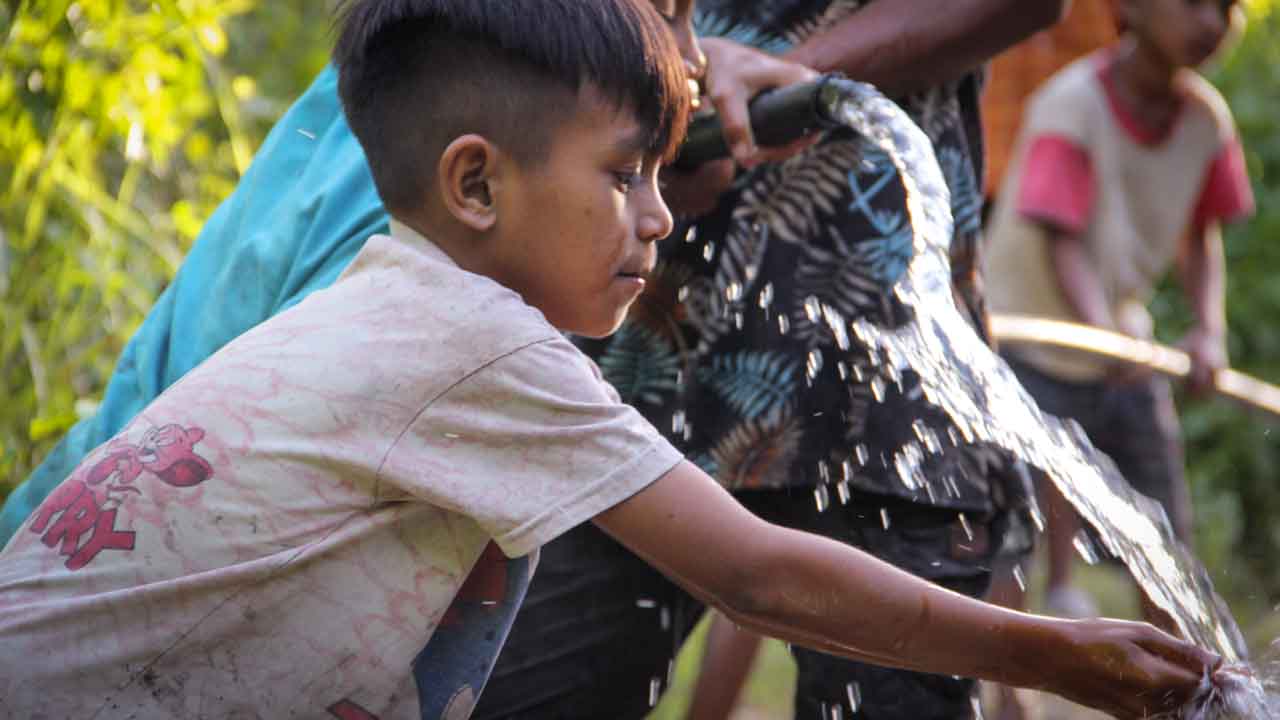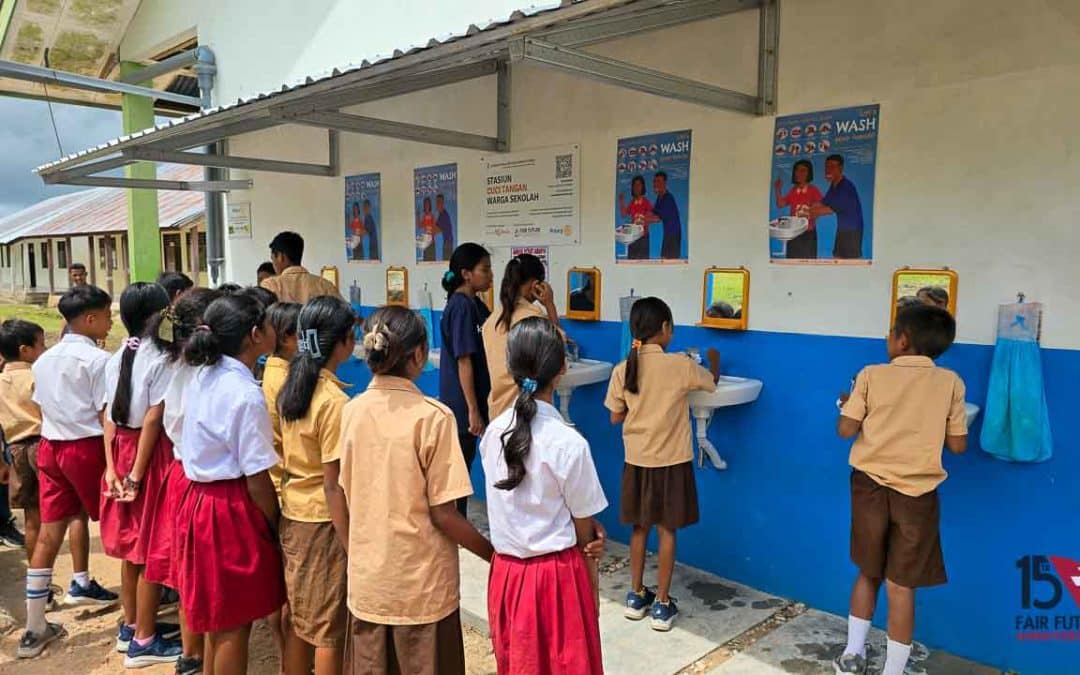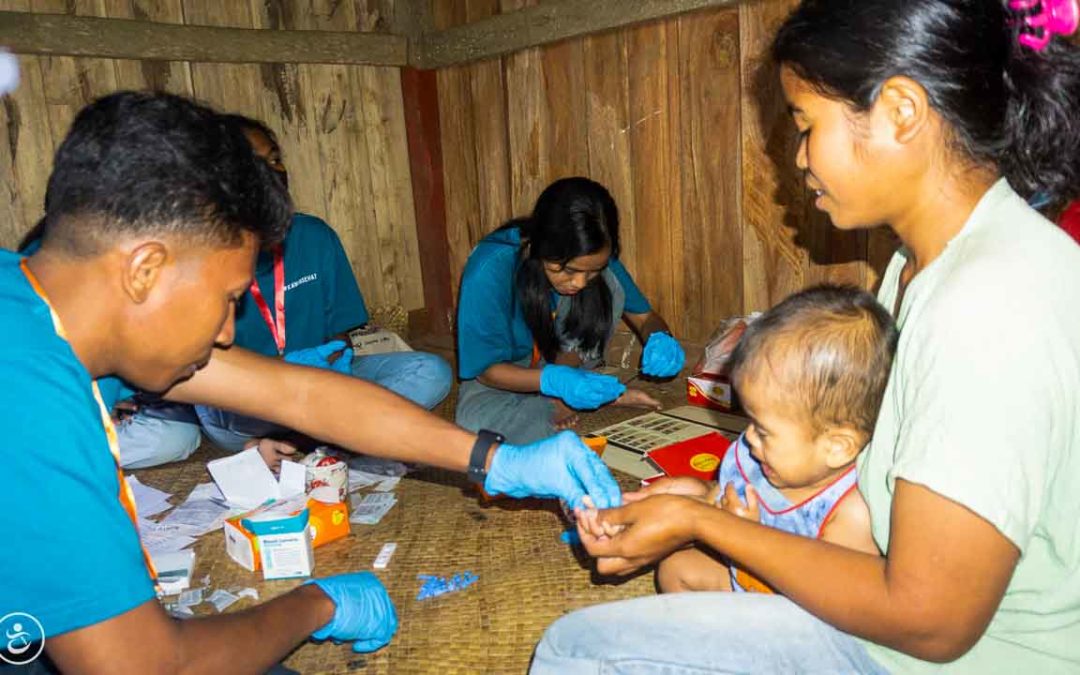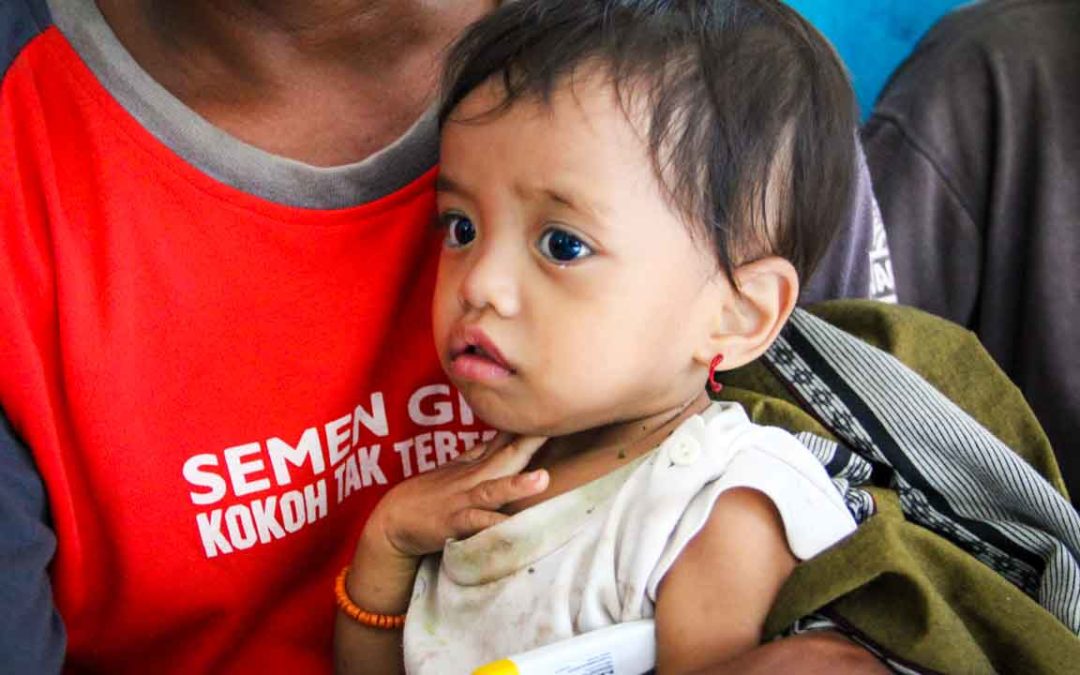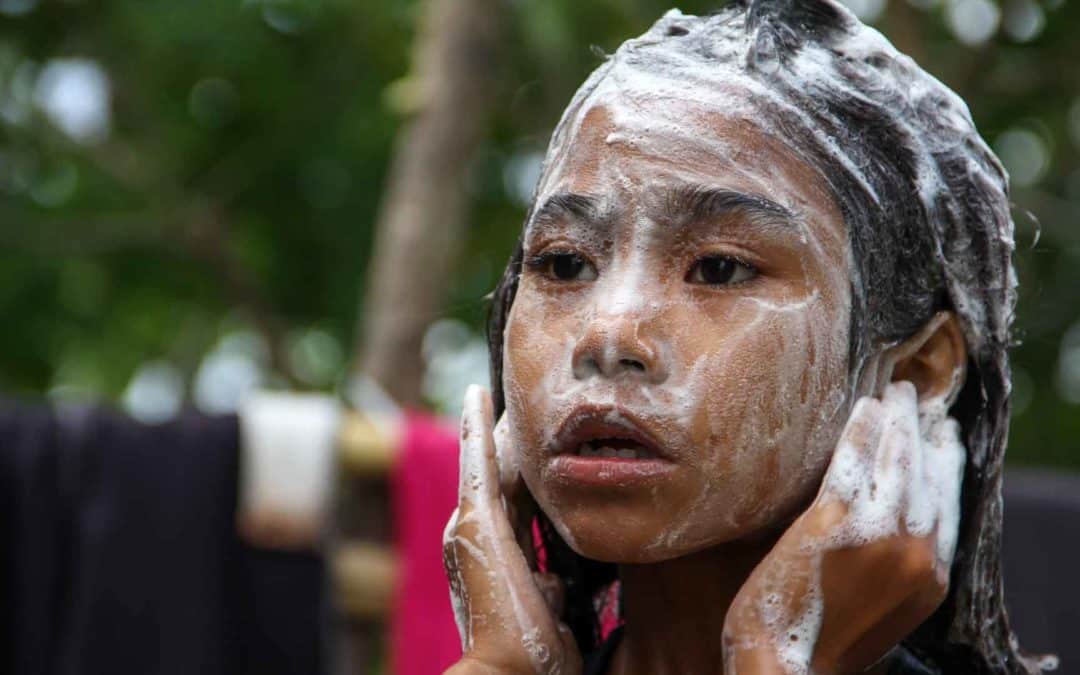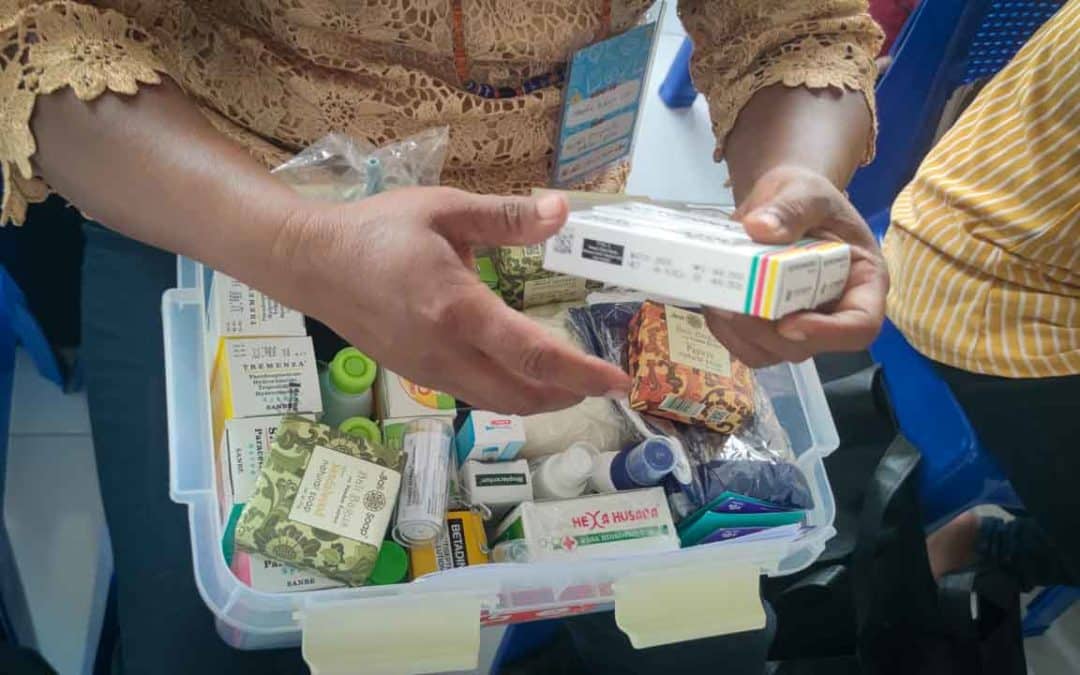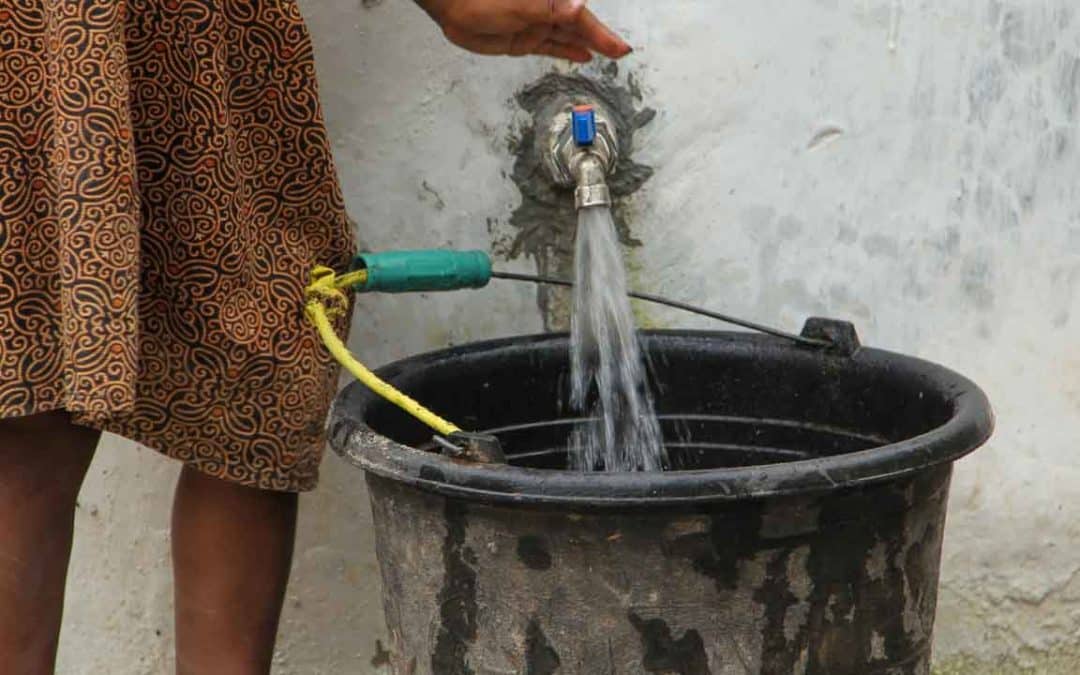Hygiene and good health are indeed intimately linked, and Fair Future is highly conscious. This is why we give so much importance to access to water and toilets.
Indeed, maintaining good hygiene is essential to prevent the spread of infectious diseases and maintain overall health and well-being. But, in very rural areas without water, maintaining good hygiene practices can be difficult.
One way to address the lack of water is to promote alternative hygiene practices by providing clean water, toilets and showers. But also to give soap or learn to use the ashes to wash your hands. Encouraging regular bathing or washing with the small amount of water available is also essential.
In addition to personal hygiene, promoting good sanitation practices is also essential. This includes the safe disposal of human waste, which can be achieved through restrooms, toilets, safety tanks or other appropriate sanitation facilities. Fair Future and Kawan Baik foundations create educational programs such as Kawan Sehat (the healthy friend or Primary Medical Care), which are implemented to teach people in rural areas the importance of hygiene and cleanliness. Sanitation, and how to adopt these behaviours even in areas with limited resources.
These programs – which support or complement the #waterconnections program – help families and communities develop creative solutions to maintain hygiene and sanitation in resource-limited settings. Promoting good hygiene and sanitation practices is crucial to maintaining good health in rural areas, even where water is scarce. It requires a combination of education, resources, and creative solutions to address the unique challenges of these environments.





